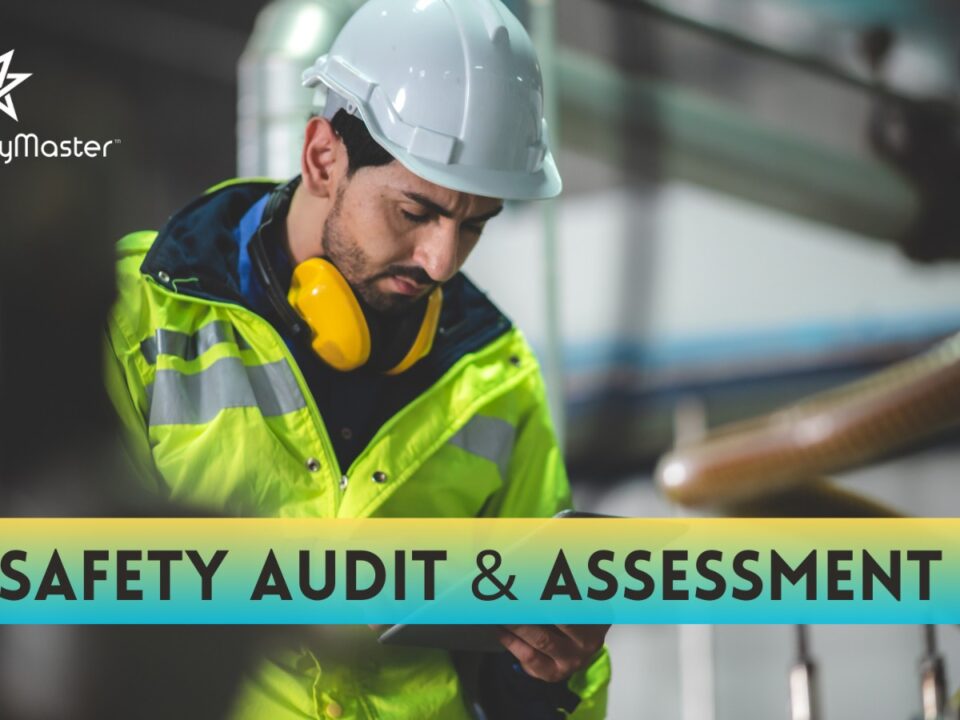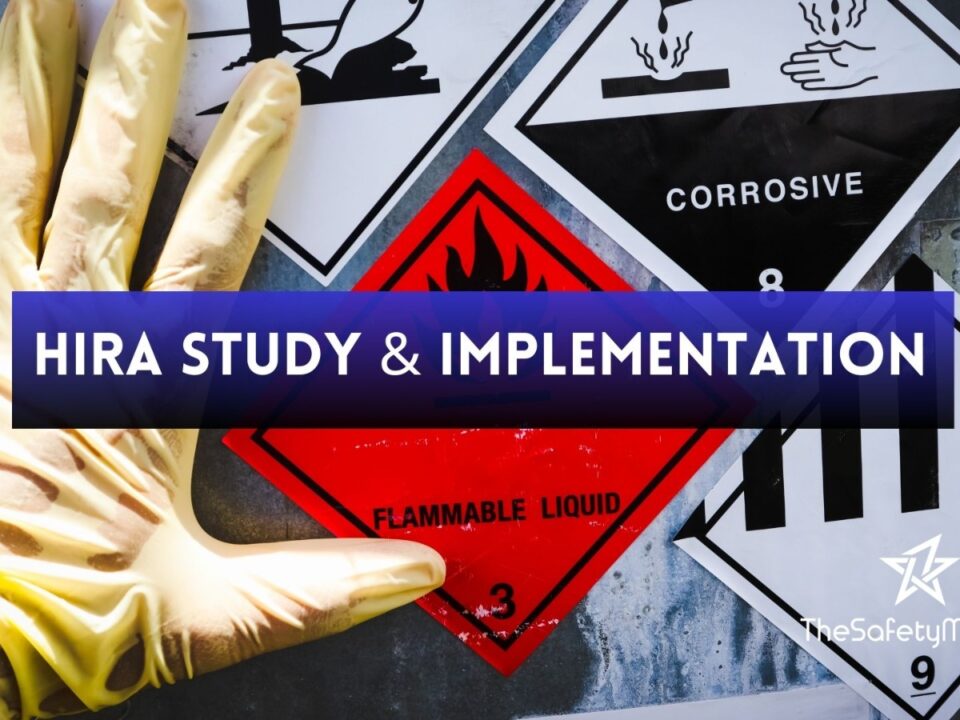Understanding the Benefits of Behavior-Based Safety Consultation
HAZOP Study and Training
September 15, 2023
How Behavior-Based Safety Training Works – The Safety Master
September 16, 2023Behavior-Based Safety (BBS) Consultation is a systematic approach to improving workplace safety by analyzing and modifying human behaviors and their impact on safety outcomes. It is a proactive strategy that has gained significant attention in recent years due to its effectiveness in reducing workplace accidents and injuries. BBS focuses on understanding why employees engage in unsafe behaviors and aims to replace them with safe alternatives.
Key Concepts of Behavior-Based Safety:
1. Behavior Analysis: BBS starts with the systematic observation and analysis of employee behaviors. Trained observers identify and record both safe and unsafe actions, contributing to a better understanding of the workplace’s safety dynamics.
2. Feedback and Reinforcement: After identifying unsafe behaviors, BBS provides a feedback mechanism. Employees are informed about their actions, and positive reinforcement is used to encourage safe behaviors. This feedback loop is crucial for behavior modification.
3. Employee Involvement: BBS encourages all employees, from top management to frontline workers, to actively participate in safety initiatives. It promotes a sense of ownership and responsibility for safety.
4. Customization: BBS programs are tailored to the specific needs and challenges of an organization. They take into account the industry, workplace culture, and existing safety protocols.
Benefits of Behavior-Based Safety Consultation:
1. Reduced Workplace Incidents: One of the most significant benefits of BBS is a noticeable reduction in workplace accidents, injuries, and near-misses. By addressing unsafe behaviors, organizations create safer environments.
2. Enhanced Safety Culture: BBS fosters a culture of safety where safety becomes a shared value among employees. This cultural shift leads to more proactive safety efforts.
3. Customized Solutions: BBS consultants work closely with organizations to develop tailored safety programs, ensuring that safety measures are effective and applicable to the unique circumstances of the workplace.
4. Improved Training: BBS training programs educate employees on safe behaviors and empower them to make better choices in their daily tasks, further reducing the likelihood of accidents.
5. Behavior Analysis: Continuous observation and analysis of behaviors provide valuable data for organizations to make informed decisions regarding safety improvements.
6. Continuous Improvement: BBS is an ongoing process, with regular assessments and refinements to adapt to changing conditions, emerging risks, and evolving organizational needs.
The Safety Master as a BBS Consultant in India:
While the search results did not provide specific information about “The Safety Master,” it’s essential to consider various factors when choosing a BBS consultant in India. These factors may include:
– Experience: Evaluate the consultant’s track record and experience in implementing BBS programs in diverse industries.
– Reputation: Look for reviews and testimonials from previous clients to gauge the consultant’s reputation and the effectiveness of their services.
– Expertise: Ensure the consultant possesses the necessary expertise in BBS methodologies, behavior analysis, and safety culture development.
– Alignment with Goals: Choose a consultant whose approach aligns with your organization’s safety goals and values.
In conclusion, Behavior-Based Safety Consultation is a proactive and effective approach to improving workplace safety. By modifying human behaviors and fostering a culture of safety, organizations can significantly reduce workplace incidents and injuries. When selecting a BBS consultant in India, thorough research and consideration of their expertise and alignment with your organization’s needs are crucial to achieving the desired safety improvements.


